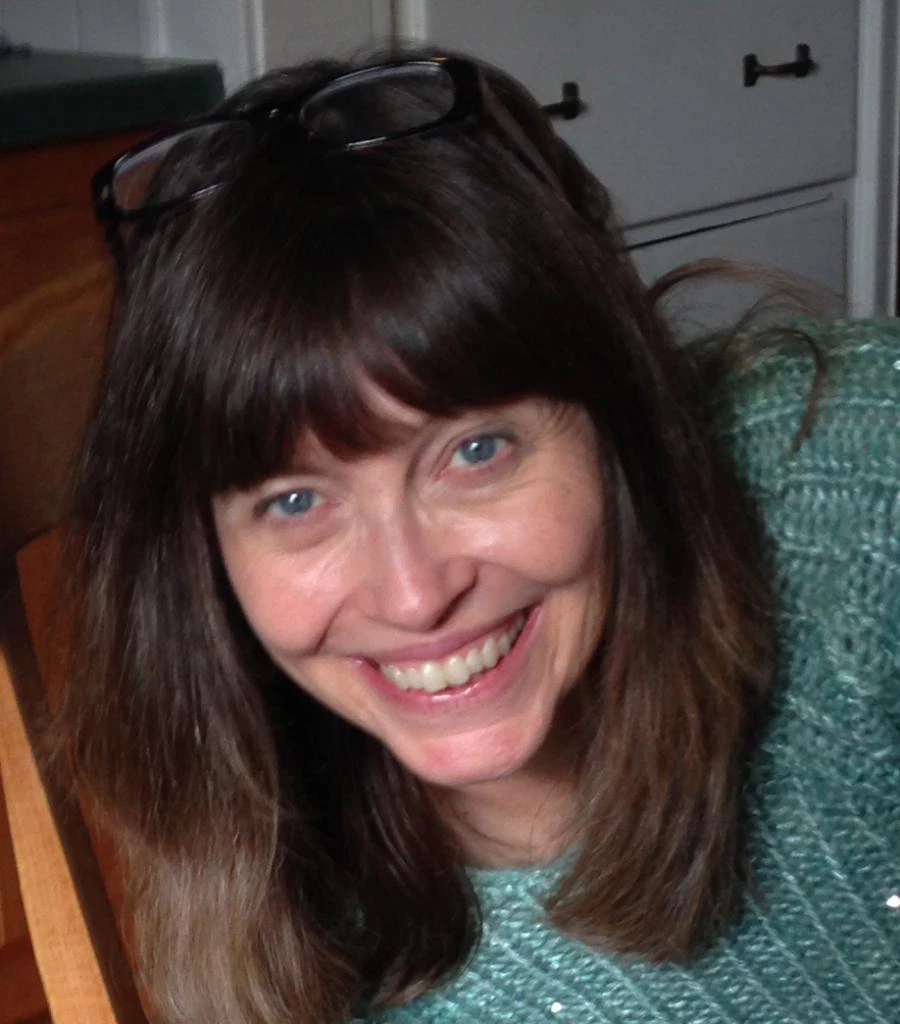A quiet revolution is needed to help pull people out of poverty in many developing countries, since it will be well nigh impossible to replicate export-led success stories like we’ve seen in parts of Asia. Also, even though policies, politics, and corruption are knotty issues that often block progress, there is scope for tweaking institutions at the margins in ways that will improve the status of poor people. These were some of the takeaways I gleaned from the Development Economics lecture yesterday by Esther Duflo, MIT Economics Profession and co-founder of the JPAL Poverty Lab.
Duflo’s lecture was a refreshing mix of pragmatism and idealism. Clearly full of passion for her job and blessed with extraordinary energy, this young economist travels tirelessly to learn what’s happening at the coal face of development and she approaches her task with rigor as well as a sense of mission.
Doing development differently isn’t easy, given that many institutions in the developing world are imperfect, corrupt and often beholden to autocratic leadership. Yet there is more slack than we think in the political game of development. Duflo argues that small steps-- whether holding village level elections in China or threatening audits of highway projects in Indonesia – can advance incremental democratic changes at the margin.
In her extensive field work with Abhijit Banerjee and others, Duflo has studied hundreds of poverty-related programs, for the most part based on randomized trials. What is fascinating is how she marries a focus on political economy with the rigor of RCTs.
While her new book with Banerjee, ‘Poor Economics: A Radical Rethinking of the way to Fight Global Poverty’ stresses that many evaluators and development economists fall into a trap of being blinded by ideology, ignorance and inertia in their approaches to helping the poor, Duflo seems confident that the understanding of what works in development is slowly emerging. What’s important is to figure out what some of the common preconditions are for improving prospects for very poor people. In this regard, she talked about education quality and freedom from destitution as absolutely essential. watch here my short interview with her.


Join the Conversation